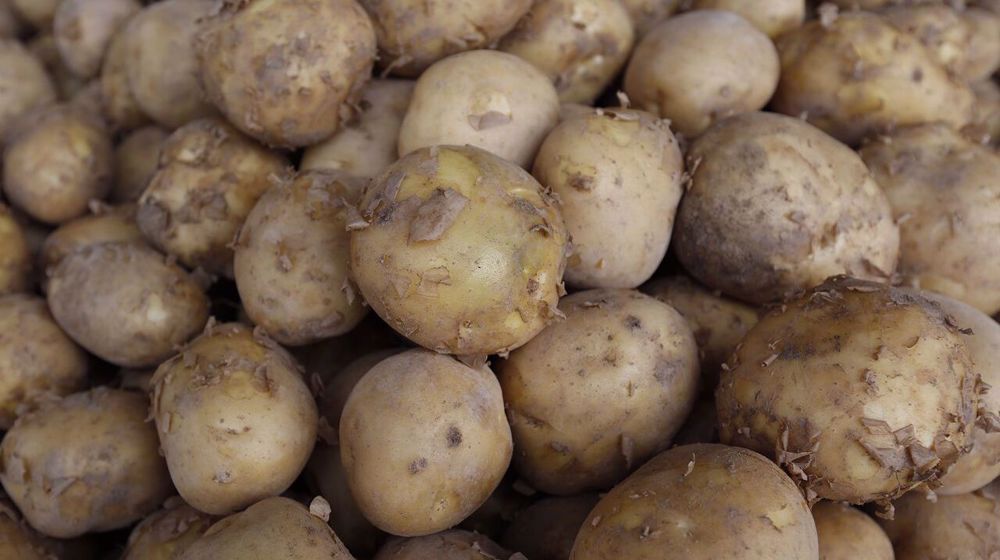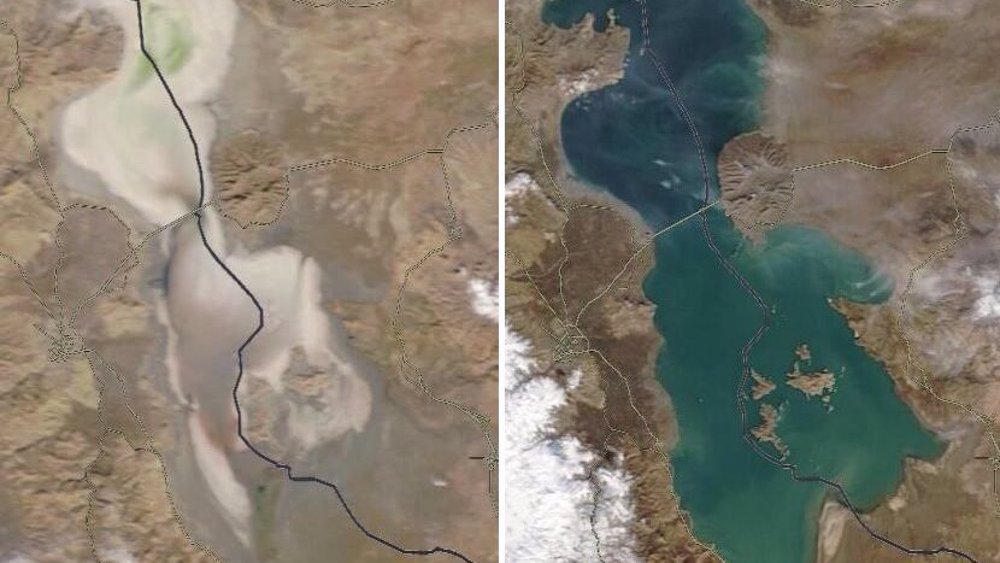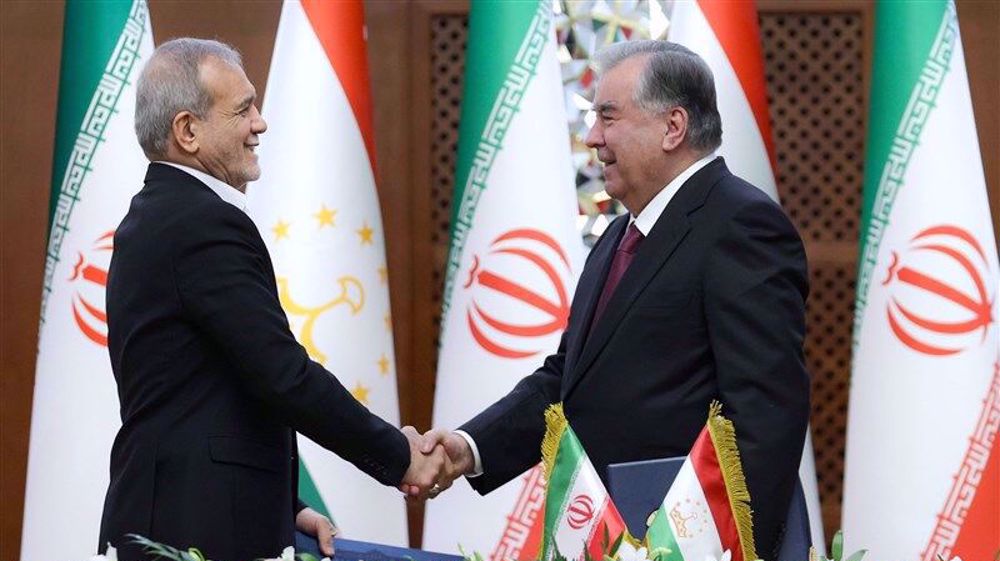Syria, Iran set up non-dollar payment channel
Iran and Syria have enabled their banks to conduct transactions in their local currencies and non-dollar foreign currencies, lifting a key hurdle to their trade and investment.
Iranian Vice President Es’haq Jahangiri is currently visiting Syria with a delegation of traders who are looking for opportunities in a country facing a mammoth task of reconstruction after war.
An almost non-existent banking link between the two countries has always been a niggling problem which has held up projects from moving forward.
The banking issue is the “most important problem,” Mohammad Saeed Shahmiri, an executive with the Iranian company Saab Niroo which specializes in building infrastructure, told Reuters.
His firm is studying projects in and around Damascus, according to the news agency. “We hope if they solve this problem, immediately we can start the project here,” Shahmiri said.
Because of terrorist attacks and US-led bombings, millions of homes, educational and health facilities, and infrastructure remain either damaged or destroyed.
Iran is best placed to play a leading role in their reconstruction because it is currently the Middle East’s largest producer of cement and steel.
Western sanctions on both Syria and Iran have affected banking transactions between the two countries which are cut from the US financial system.
Chairman of the Syrian chambers of commerce Mohamad Hamsho said agreements had been concluded to “overcome obstacles with respect to the banking activity between Iran and Syria.”
Jahangiri, addressing an Iranian-Syrian business forum in Damascus, also said “ministers confirmed that banking transactions will take place very soon between the countries.”
On Monday, Iran and Syria signed 11 agreements, including a “long-term strategic economic cooperation” deal which includes industry, trade and agriculture.
The agreements covered a wide range of fields including economy, culture, education, infrastructure, investment and housing, the official SANA news agency reported.
They included two memos of understanding between the railway authorities of the two countries as well as between their respective investment promotion authorities.
Syrian Prime Minister Imad Khamis said the two sides also agreed to rehabilitate the ports of Tartus and Latakia and build a 526 megawatt energy plant.
According to Syrian state media, the $413 million power plant in Latakia will include building a gas pipeline from Baniyas to fuel it.
VIDEO | Trump administration rescinds memo freezing federal aid
Jordan rejects US proposal to relocate Palestinians
Trump's forced displacement plan for Gaza ‘serious threat’ to region: Yemen
Israeli drone strike in West Bank kills 10 Palestinians as violence intensifies
Israel to free 110 Palestinian prisoners for 3 Israeli captives under Gaza truce
FM: Iran committed to dialogue with EU, ready for any scenario
Fatalities reported as US passenger jet, military chopper collide near Reagan Airport
VIDEO | Italian PM under investigation over release of Libyan subject to ICC arrest











 This makes it easy to access the Press TV website
This makes it easy to access the Press TV website